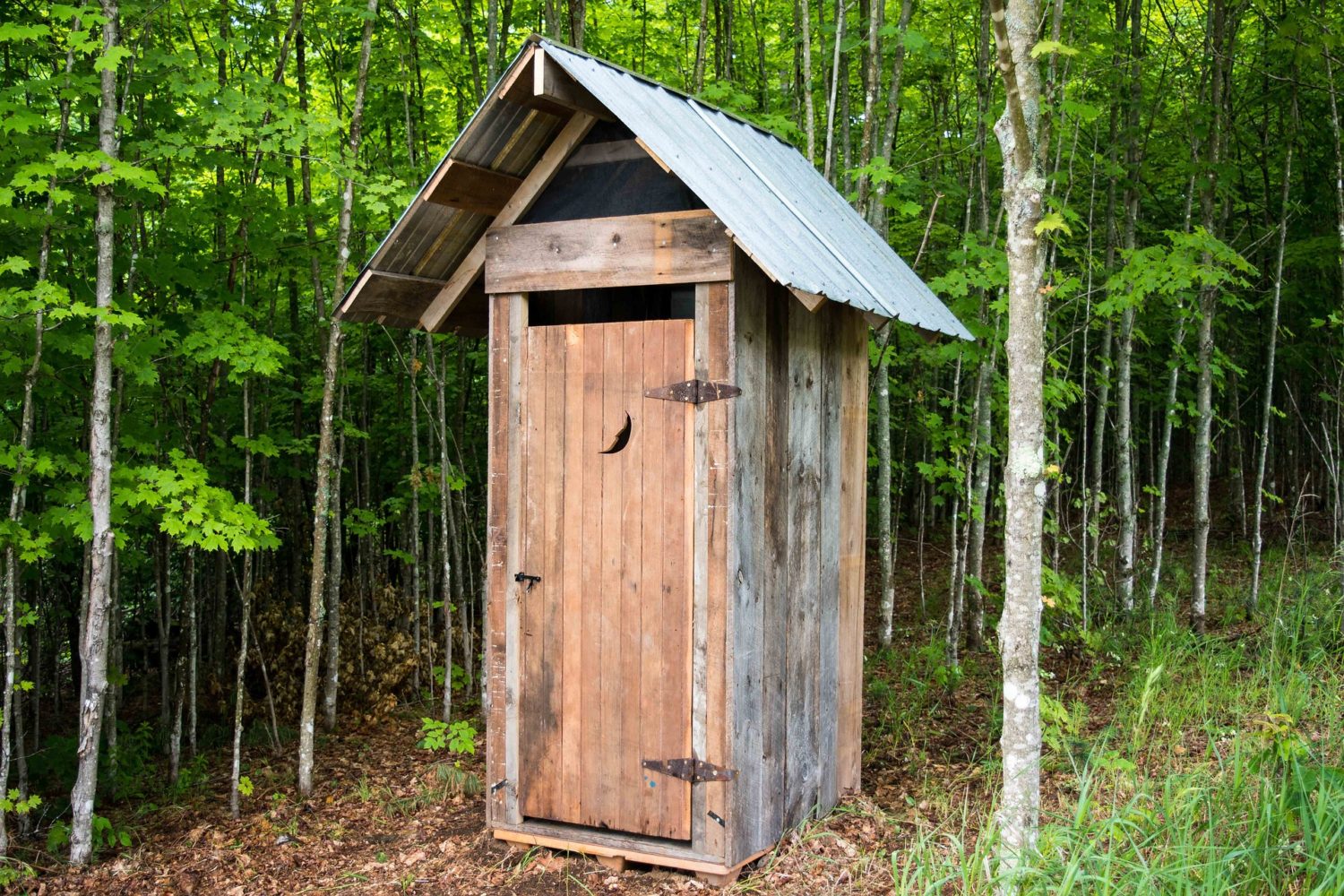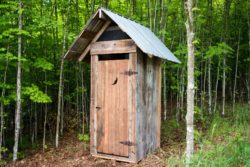Backhowsa
The difficulty of finding the outhouse in Sicily
Published: August 30, 2019
Last Updated: December 1, 2019

Photo by Tara Schatz
Independence, in Tangipahoa Parish, is a town of under two thousand people, with a significant proportion having Italian (mainly Sicilian) ancestry. The town also has close ties to New Orleans, as Italian immigrants who worked the sugar cane plantations around New Orleans would travel to Independence to harvest strawberries, with some eventually buying land and settling there. These close ties and the shared Italian heritage and settlement patterns made Independence a prime candidate for linguistic similarity with New Orleans.
We interviewed eight people who are natives of Independence and identify as having Sicilian ancestry, ranging in age from 47 to 93, with the two oldest study participants being a generation older than the other six. We found evidence of both Southern and Yat English represented in their speech, but we also found that they largely rejected these labels, and instead often attributed linguistic peculiarities to their Sicilian heritage.
Among our six younger speakers, when asked how they spoke, John said the words he used (reckon, ain’t) made him sound a little Southern, while Loretta said that someone with a New York accent told her she didn’t have much of an accent other than sounding “a little Southern.” A third, Dom, said he realized he sounded Southern only after listening to his voice on an answering machine recording.
The two older speakers, Buster and Buddy, both spoke of experiences in World War II when other servicemen questioned their dialects; Buster said his fellow servicemen called him a “swamp rat,” while Buddy said they expressed their confusion that he had an Italian name, yet spoke with a Southern accent. This sentiment mirrors that of the speakers we talked to: there is a perceived incompatibility between being Italian and sounding Southern.
However, participants often credited self-perceived aspects of their speech as reflective of their ancestry. One of the older speakers, for instance, claimed he pronounced “horse” as “harse” because “my Italian ancestors would say ‘harse.’ That’s the way we heard it, that’s the way we said it.” Sicilian Italian, however, does not have the ‘a’ sound that would appear in “harse.”
Over half of our participants, who were all interviewed separately, furthermore offered one very specific word that they say is influenced by their Italian heritage: backhowsa, meaning ‘bathroom.’ One participant described the origin of backhowsa as coming from a time when bathrooms were still in outhouses, often in the back of the house, and therefore called backhouses. Sicilians, participants said, would have pronounced this backhowsa. The term was so ingrained in the lexicon of one participant’s father that, when the father went to Sicily, he was surprised when no one understood him when he asked to be directed to the backhowsa.
Lisa Sprowls and Andrew Abdalian are both PhD candidates in linguistics at Tulane University. Sprowls’s main area of study is American English dialects, focusing on sound variation and identity construction. Abdalian focuses on Indigenous language documentation and revitalization; he currently works on Tunica language revitalization with the Tunica–Biloxi Tribe of Louisiana.
